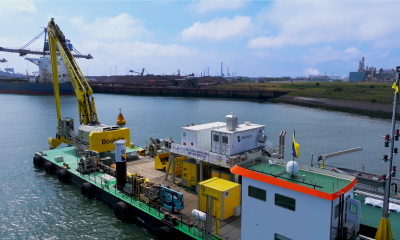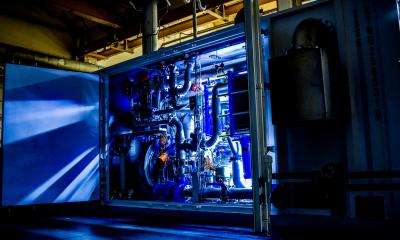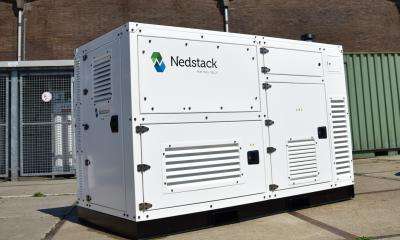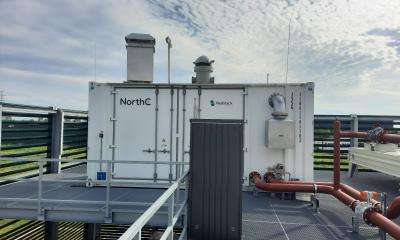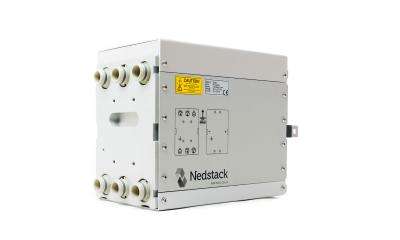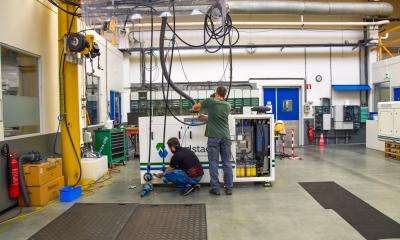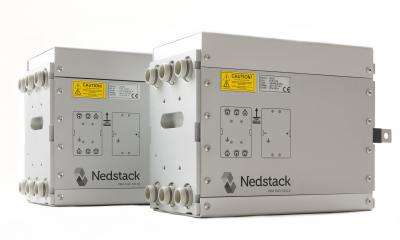Significant efforts to adopt renewables in modern power grids have, of course, begun. The installed capacity of wind turbines and photo-voltaic cells is increasing at unprecedented rates around the globe and the IEA has set a target to achieve NetZero globally by 2050, with more and more nations pursuing increasingly ambitious targets.
While NetZero at grid level is achievable by relying on a combination of renewables and intelligent, re-active power solutions or buffers, these issues become fundamentally more complex for off-grid solutions.
In the absence of a proper grid connection, mobile solutions for fuel and energy conversion are required, that can enable long enduring zero-emission power without making any compromises on reliability.
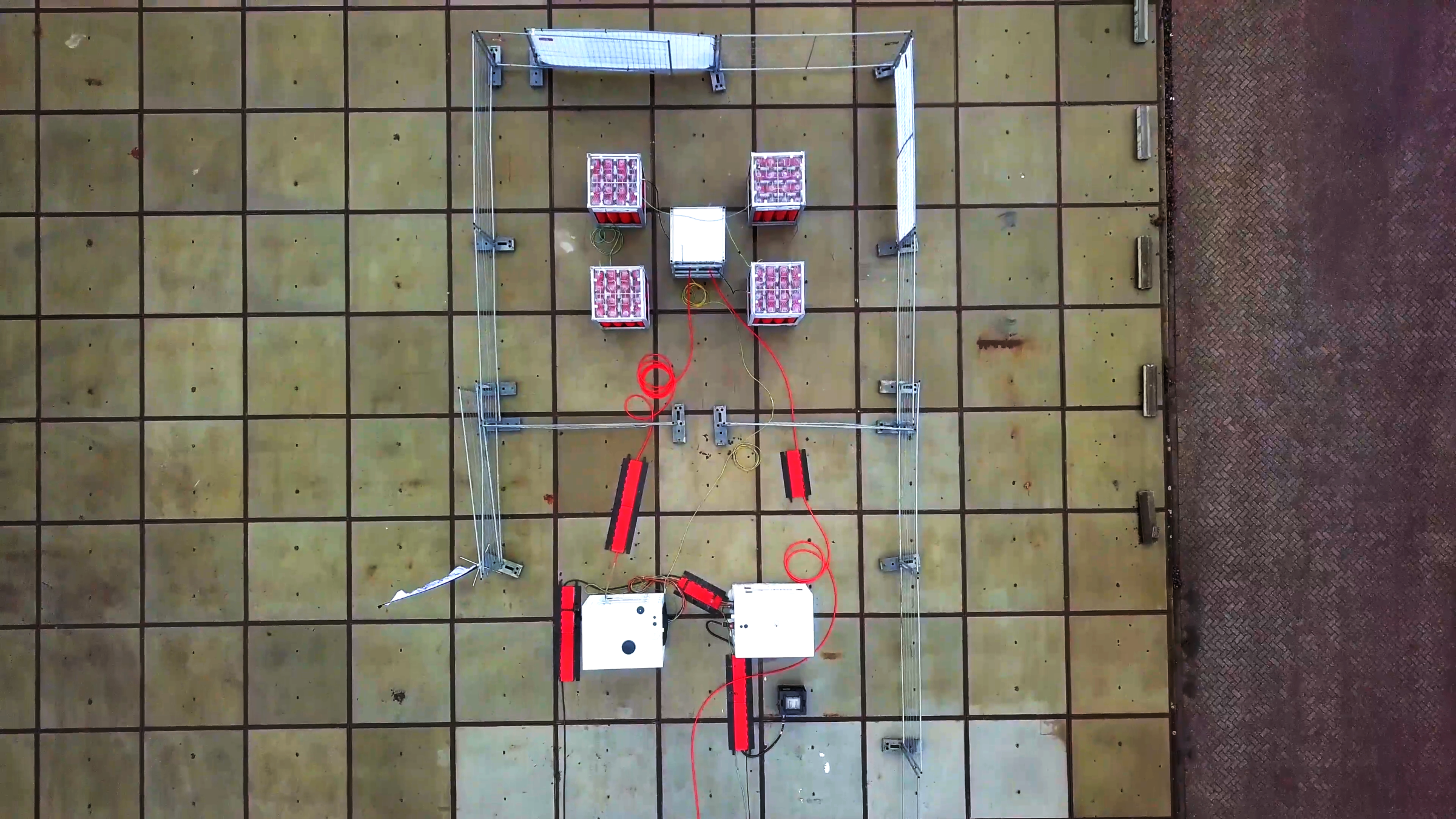
Our PemGen® MPU has been specifically developed to simplify the creation of autonomous hydrogen micro-grids in off-grid and temporary power applications.
By giving you the freedom to choose your own battery-bank and power electronics, the MPU 20-48-DC enables the output of your hydrogen micro-grid to be easily tailored to any application,
DC model has been designed and tested in accordance to the IEC 62282 standards and in conformity with relevant EC-directives
As using hydrogen as an energy vector is new to the temporary power domain, there is a limited basis of standardization and experience. In the absence of such standards, it is important to share best practices and guidelines that can help avoid any unnecessary risks during the demonstration and early adoption of hydrogen-fuelled temporary power solutions. Nedstack operates using a recommended practice based on our own experiences, risk evaluation and the recommendations of the European Industrial Gases Association (EIGA).
As using hydrogen as an energy vector is new to the temporary power domain, there is a limited basis of standardization and experience. In the absence of such standards, it is important to share best practices and guidelines that can help avoid any unnecessary risks during the demonstration and early adoption of hydrogen-fuelled temporary power solutions. Nedstack operates using a recommended practice based on our own experiences, risk evaluation and the recommendations of the European Industrial Gases Association (EIGA).
• Function as battery endurance extenders;
• To be deployed in lock-step with BESS;
• Supply a steady 48 VDC output;
• No battery included;
Nedstack MPU’s offer a unique value preposition:
• Hydrogen as an energy vector to displace diesel generators
• Hydrogen temporary power as a means of enabling deeper renewable energy penetration
• Hydrogen as a means of providing stability and reliability to renewable power supplies
• A means of utilising spilt renewable energy’
• Small scale stationary power;
• Incorporation into microgrids
• Increasing battery utilisation
Making the transition to zero-emissions in temporary power markets doesn’t end with having a fuel cell genset. That’s simply where it all begins. Nedstack offers a portfolio of supporting services that help you to maximize the impact of your fuel cell genset fleet.
